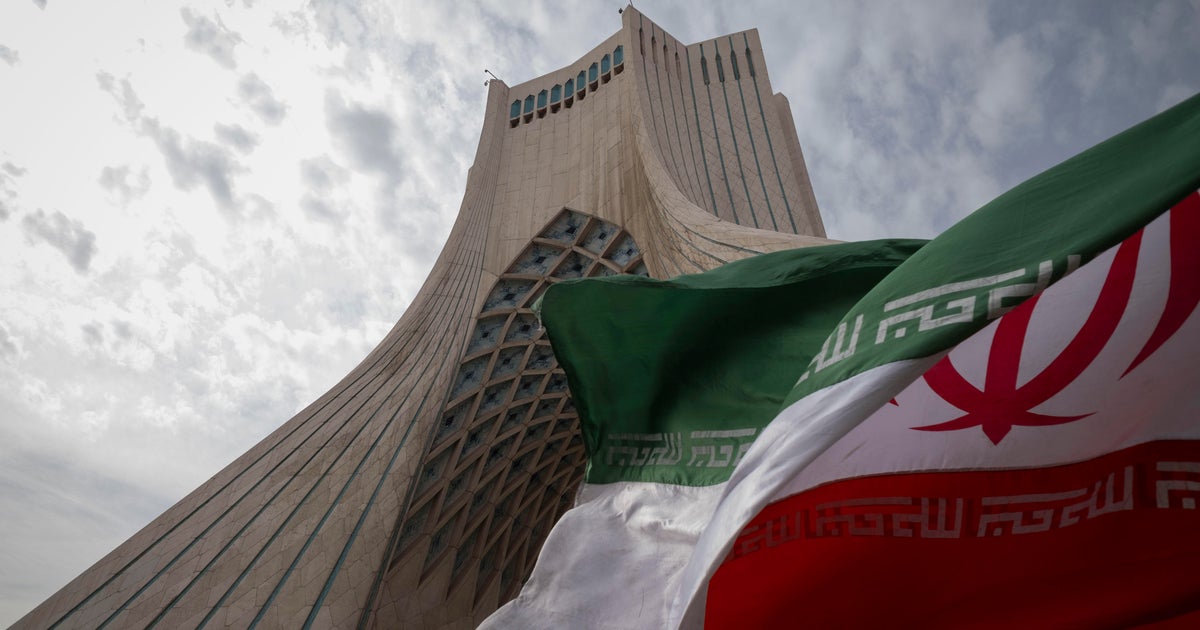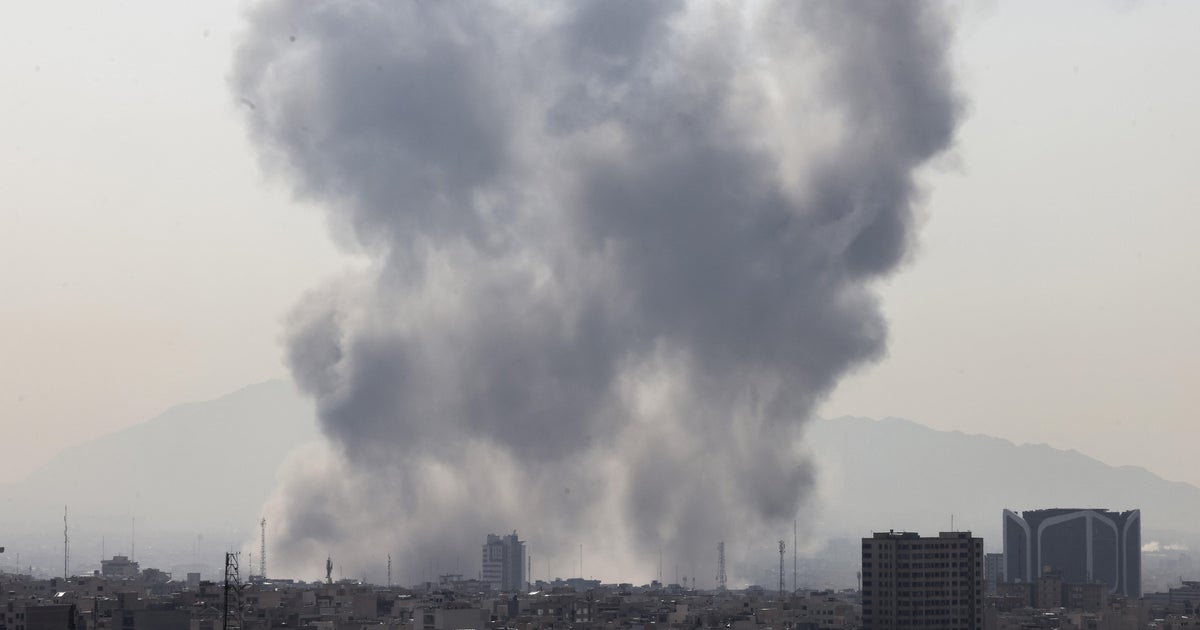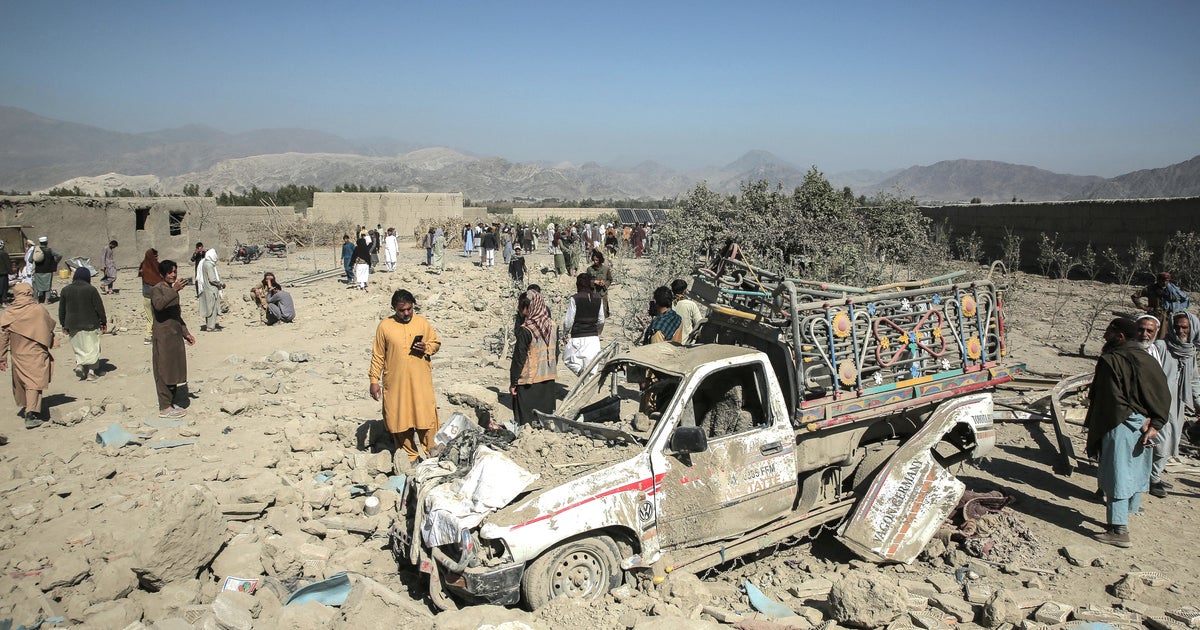Biden splitting frozen Afghanistan funds in two. Here's how it would be divided.
President Biden plans to sign an executive order Friday that would split the $7 billion in Afghan government funds held in the United States, dividing the funds into money that some families of victims of the September 11, 2001 terrorist attacks can access through legal means and the other half for programs providing humanitarian relief and help with other basic needs for Afghanistan.
Afghanistan has over $9 billion in reserves — including just over $7 billion in reserves held in the United States. The rest are largely in U.K., Germany, Switzerland, and the UAE. Most of the assets that are in the U.S. come from assistance that the U.S. and international donors have provided to the Afghan government over the past two decades.
The Biden administration announced the move Friday after spending months trying to sort out how to free up some of the assets to support the needs of the Afghan people without allowing the Taliban to access the funds, while also considering ongoing litigation by U.S. terrorism victims.
The executive order Mr. Biden will be signing will transfer the funds into a consolidated account held at the Federal Reserve Bank of New York. The U.S. aims to allow $3.5 billion of the assets to be used for programs to benefit the Afghan people.
Many U.S. victims of terrorism, including relatives of victims who died in the 9/11attacks, have been suing the Taliban and trying to access the assets in federal courts. The executive order will allow courts to decide whether U.S. claimants are able to access any or all of the remaining $3.5 billion.
Funds will not be transferred until the courts rule to do so, and the transfer of the funds for Afghanistan aid efforts is expected to be a multi-step process. Terrorism victims have already obtained writs against the Afghan reserves, and an administration official said the funds were likely to be tied up in courts for years while the families' lawsuits are adjudicated.
The Biden administration believes Friday's executive action offers the best chance of "more quickly freeing up a large portion" of the reserves to help the Afghan people.
The Taliban's takeover of Afghanistan only made the country's deeply troubled economy worse. Afghanistan is plagued by corruption, a long drought and high poverty rates exceeding 50%. International donors were already footing the bill for 75% of the country's public expenditures. Since the Taliban seized power, Afghanistan's economy has been contracting further. Top financial officials fled during the takeover, so the Taliban has been struggling with the financial management of the country.
The U.S. provides more humanitarian aid to Afghanistan than any other country, announcing a new contribution of $308 million in January, on top of the $516 million that it has given since August. Since September, the Treasury Department has been providing authorizations that facilitate the efforts of non-governmental organizations, the U.S. and international organizations to give aid to the Afghan people.




